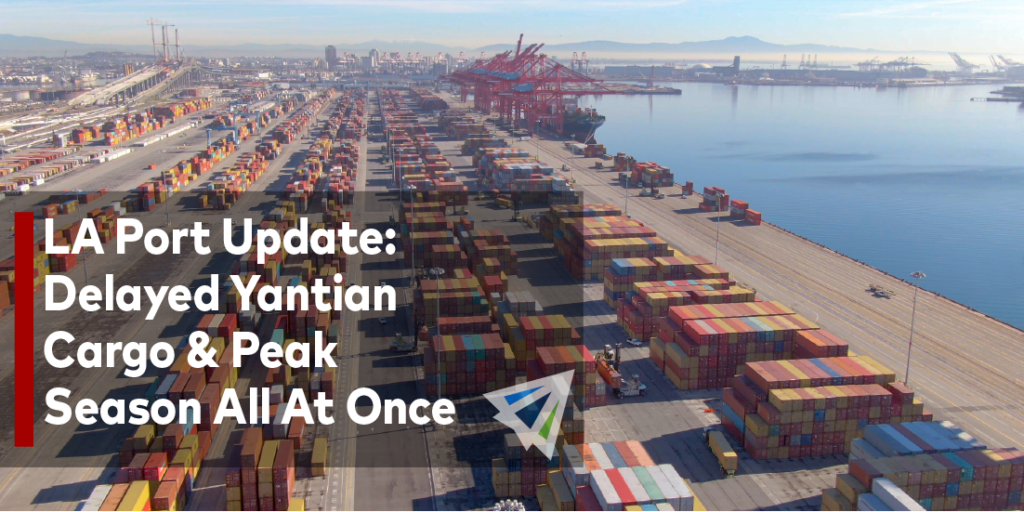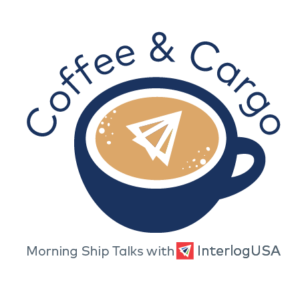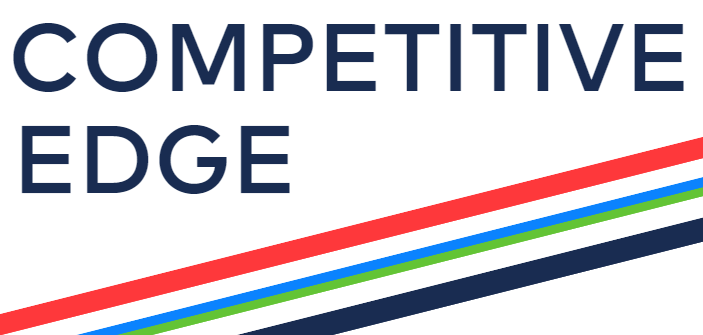
Market Update
Asia --> North America
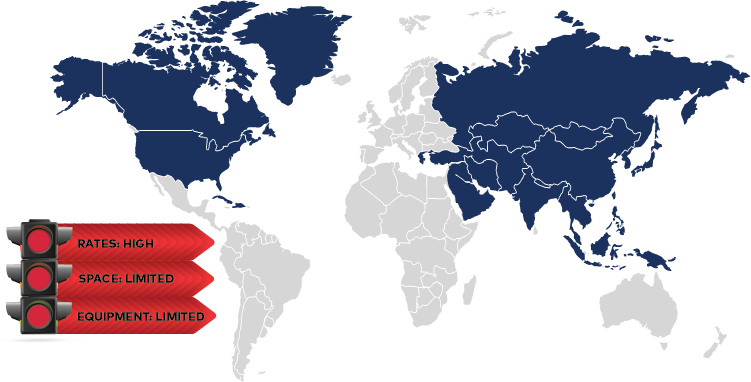
Update: Union Pacific rail has put a 7 day halt on services going to Chicago to help with backlog. Read our article below on options to consider.
Rates: High – Expect Aug 1st GRI
Space: Limited
Equipment: Limited, way under capacity
Looking to Get Containers Booked?
The transportation industry has recently seen rates reach all time highs along with space and capacity issues. However, our team at InterlogUSA has switched up our process to ensure our customers keep their shipments moving. We are constantly staying up to date on market trends, providing customers different options and last minute openings if they are able to take advantage. With the stress this market has brought many companies, our team has been able to relieve a lot of that with our service and dedication to keep shipments moving.
Freight News
Union Pacific Places a 7-Day Hold on Inland Transportation
Union Pacific placed a 7-day hold on inland transportation from the West Coast port terminals to the Global IV intermodal facility in Chicago to alleviate congestion.
What does this mean for your shipments?
If your containers are arriving to the West Coast ports and bound for Chicago, expect exceptionally long delays at the seaport and rail depot. Talk with your forwarder about a change of destination termination at the seaport and contact InterlogUSA to outline the time savings and costs for crossdocking and delivery by truck trailer or rail car on the BNSF rail.
Ships are Speeding Up Across The Pacific
Building new cargo ships take years to accomplish, causing even more issues for fulfilling the overflooded shipping container demand. All that is left to solve the issue is increase the ships speed, this brings advantages and disadvantages to the market.
Starting with the positives, since the market is so behind on shipments, these speed increases will ease congestion and delays. Importers will have timelier shipments, and hopefully have more space available with the fast process.
On the negative side of the speed changes, marine bunker fuel costs increase when the ship speed increases, leading to the potential for higher bunker surcharges. On the contrary, when ships use “slow steaming”, they are sailing slower which leads to lower fuel costs. Slow steaming is commonly used when bunker prices are high and capacity is not limited, the opposite of the current state of the market.
Ships consuming more fuel also leads to more carbon emissions, making the industry more unsustainable. This can cause political issues across the globe.
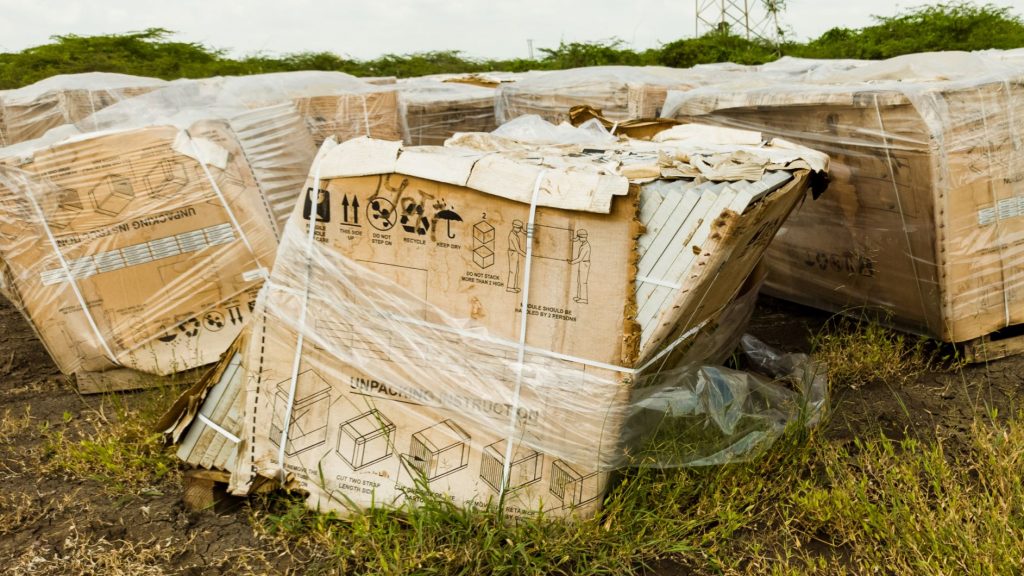
GET CARGO INSURANCE TODAY
Don’t wait until it is too late. Let’s get you set up with Cargo Insurance today!
